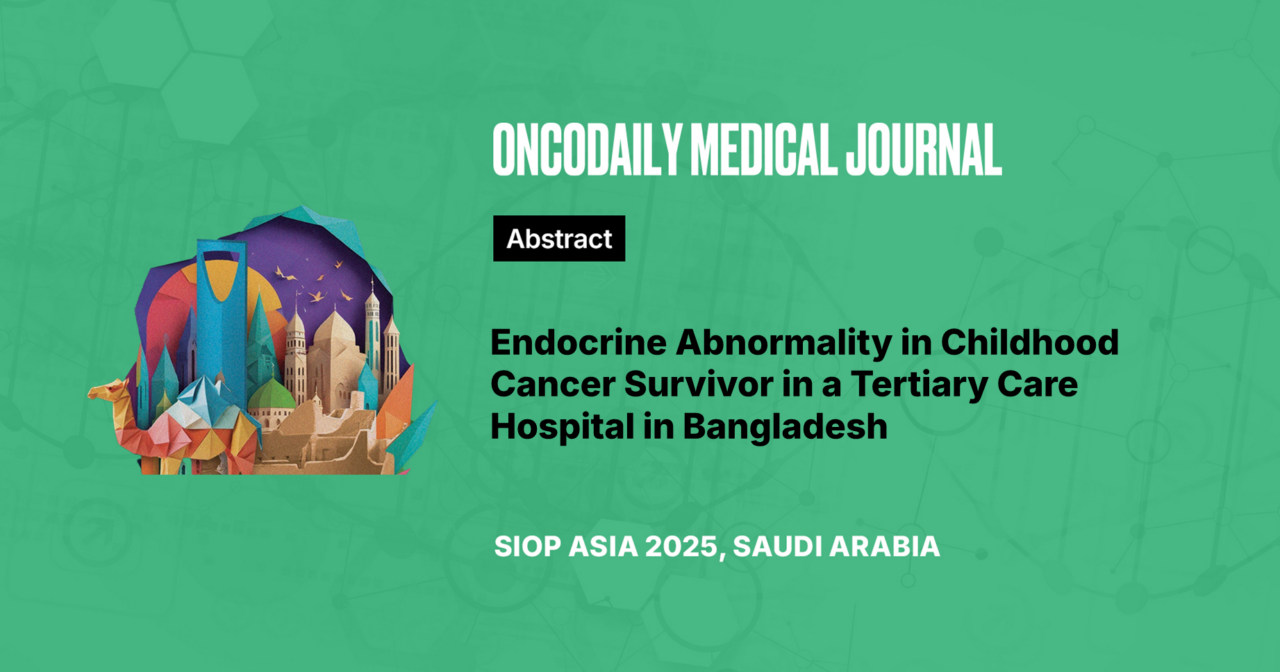Endocrine Abnormality in Childhood Cancer Survivor in a Tertiary Care Hospital in Bangladesh
Abstract
Introduction: Up to 50% survivors of childhood cancer might have experienced endocrine disorder during their lifetime. But there is no documented study in our center. The objective was to provide baseline information regarding endocrine disorder among survivors.
Methodology: This observational study was done in the department of Pediatric Hematology and Oncology, BSMMU for a period of 1 year. Total 126 children who completed treatment for at least 1 year were included. Meticulous history and thorough examination were done to find out the evidence of endocrine disorders with attention for growth failure and sexual maturation. Complete blood count, blood sugar (fasting), serum calcium, TSH, FT4, vitamin D level were done to find out thyroid, parathyroid, pancreatic and adrenal abnormality following standard reference value. X-ray for bone age and growth hormone assay including provocation test were reserved for short growth failure cases.
Results: Among the 126 studied cases, 82 were male and 44 were female male to female ratio was 1.86:1. Age of enrolment was 3-30 years with a mean of 12.71±4.5 years. Among the studied cases, 71.4% cases 1- 5 years, 23.8% cases 6-10 years and 4.8% cases were more than 10 years of follow up. Among the 126 survivors, mostly ALL 83 (65.9%) cases, followed by Lymphoma, AML, Neuroblastoma, Wilms tumor, Hepatoblastoma and others. Endocrine abnormality was detected in 5 (3.96%) patients.
All of them were thyroid abnormality, 4 (80%) cases had hypothyroidism (subclinical hypothyroidism-3 and overt hypothyroidism -1) and 1(20%) case had subclinical hyperthyroidism. All of them received only chemotherapy except one who needed abdominal surgery. No positive correlation between types of cancer studied and time elapsed after completion of treatment to endocrine abnormality.
Conclusion: Thyroid abnormality as Endocrine abnormality was found in 3.96% of survivors with predominant subclinical hypothyroidism. Rate of detection was not in increasing trend over time our cohort.





